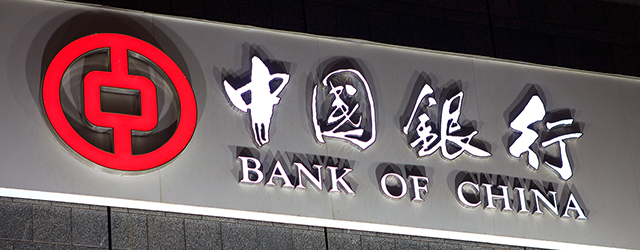I remember coming back to Hong Kong from a business trip around 10 years ago, more or less at the height of the financial crisis. In the cab from the airport, my colleague and I agitatedly debated the implications of what happened and what policymakers would do about it. I argued that the credit bubble had to be deflated and that we might face a few years of global recession before the system could reboot and life goes on as we knew it. The colleague mused that everyone would just be bailed out.
We are clear today who was on the right side of history. Central banks bailed out everything and everybody. The savers were punished, and the ones indulging in leverage kind of didn’t lose a thing. Rather, they were invited to binge on. After a decade of zero interest rates and skyrocketing stock markets, people looked back and all they found was that the financial crisis was a speed bump at worst. Why suffer for the implosion of human excesses if the demigods in the ivory towers could so easily fix it?
Trillions of newly minted money had created a hologram of sorts, namely that everything was fine. Back then, I likened Ben Bernanke to a social politician of sorts. Almost overnight his mandate had been expanded to not only help the system survive but also bail out a majority that was deemed to be incremental for survival. And that majority had become addicted to Alan Greenspan’s credit bubble. It didn’t want to hear about the logical consequences of overindulgence.
If we ever thought the system could be normalised again, last year’s pandemic made a dog’s breakfast of such prospect. On the contrary, much more life support has since been injected by way of monetary accommodation. For the system to survive this one, governments have now truly become the lender of last resort and guaranteed no less than all liabilities on the planet. We have finally arrived at a point where every single crack in the economy is being papered over.
Commercial banks once used to be the conduit for the means of private transactions, to provide credit to the real economy as and where it was needed and furnished it with a multiplier effect. Central banks gave money and took it away as they saw fit and in the spirit of an endurable growth scenario uninterrupted by bouts of recessions and inflation. No more. Credit is more or less being shoved down borrowers’ throats, based on the promise that the government will make and keep them whole.
If you will, commercial banks in the West, once the beacon of capitalism and private enterprise, have transformed into policy banks. These days, they predominantly exist for government policy purposes, to assist in keeping the wheels turning, those wheels that have become worn out and tired of never having had the benefit of a cleansing reboot across the past decade. And yet again, the savers suffer and pay the bills against their will, and the ones in debt keep on partying.
Sometimes I wonder when the pundits bash the concept of Chinese banks. They were all policy banks in nature and could not be valued like their Western peers. Well, maybe that argument was valid in the past, but no longer. In essence, they are the same now. Their respective governments are simply using them as incubators for their money and policy objectives. The difference may be that Chinese banks’ assets have, in fact, contributed a lot more to China’s economic productivity over the years.
But if the Western banks’ business model is becoming less and less distinguishable from the Chinese, why would they trade at a valuation premium? Who is to say that the P/E ratios of US banks in their high teens are more justifiable than low single-digit numbers on the account of Chinese banks? And isn’t it a much better proposition to earn dividend yields of 6-7% on Chinese banks than the comparably meagre 2-3% on American?
A reputable investor once said to me he is not keen on investing in bank stocks, because their bank balance sheets are all based on correlation, and he couldn’t see the difference to hedge funds. It all comes down to trusting the quality of the asset portfolio. Well, if all commercial banks are migrating toward the status of policy banks, it comes down to trusting their respective governments. In other words, does comparing US and Chinese bank stocks present us with a reasonable arbitrage?
Disclosure: The author holds Chinese bank shares.
